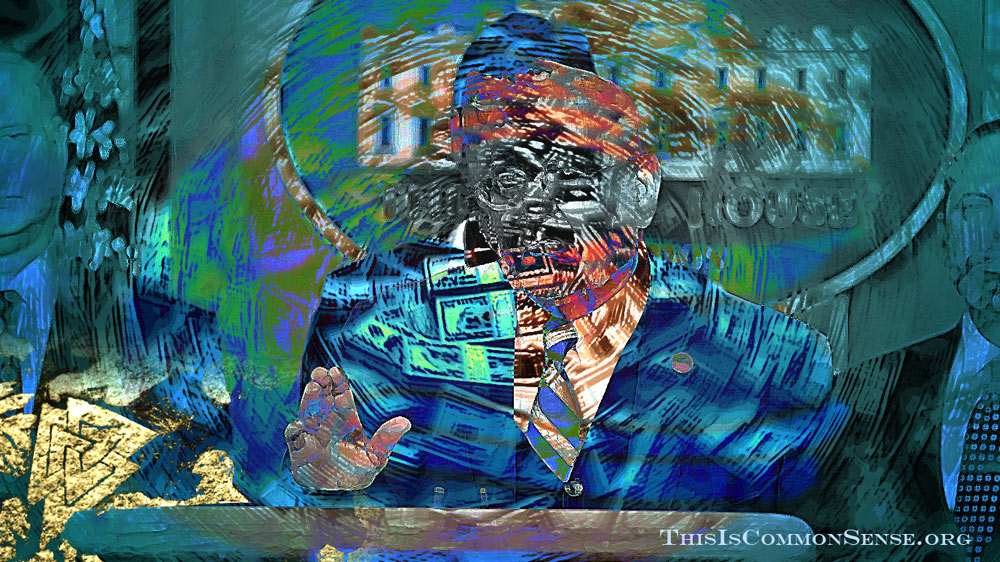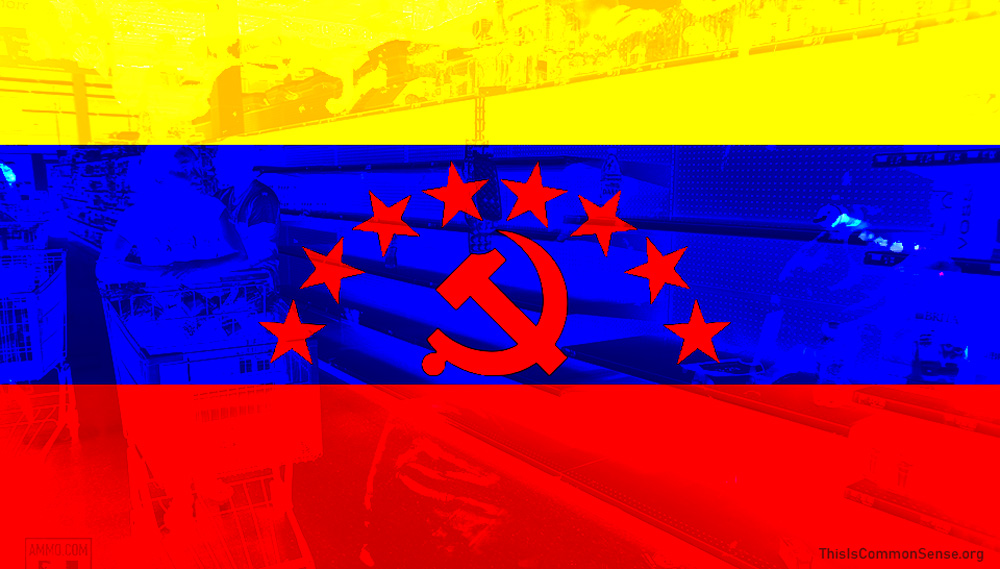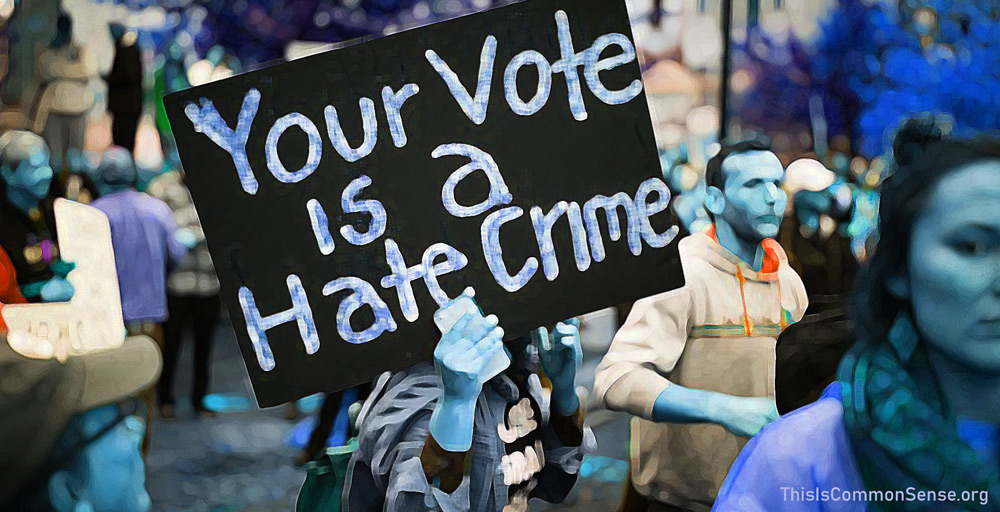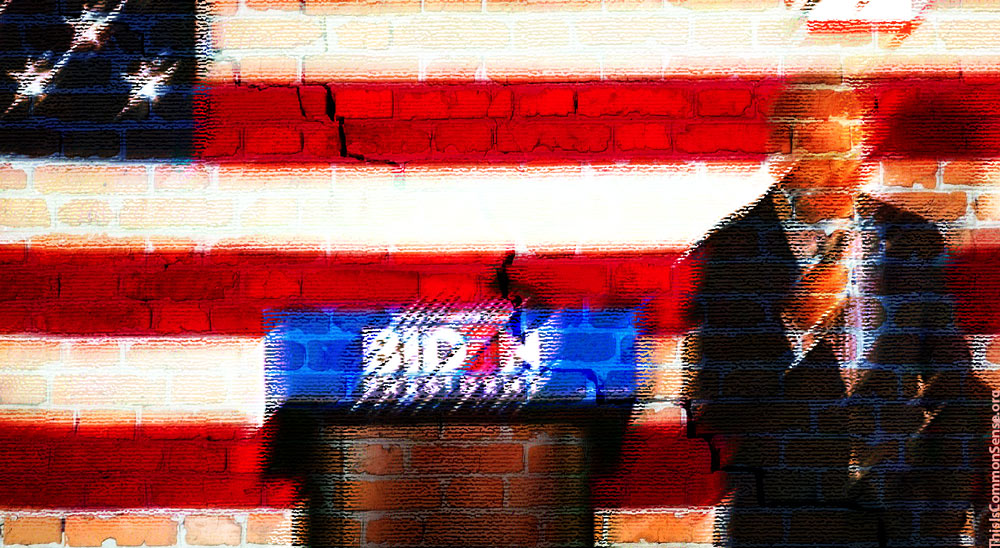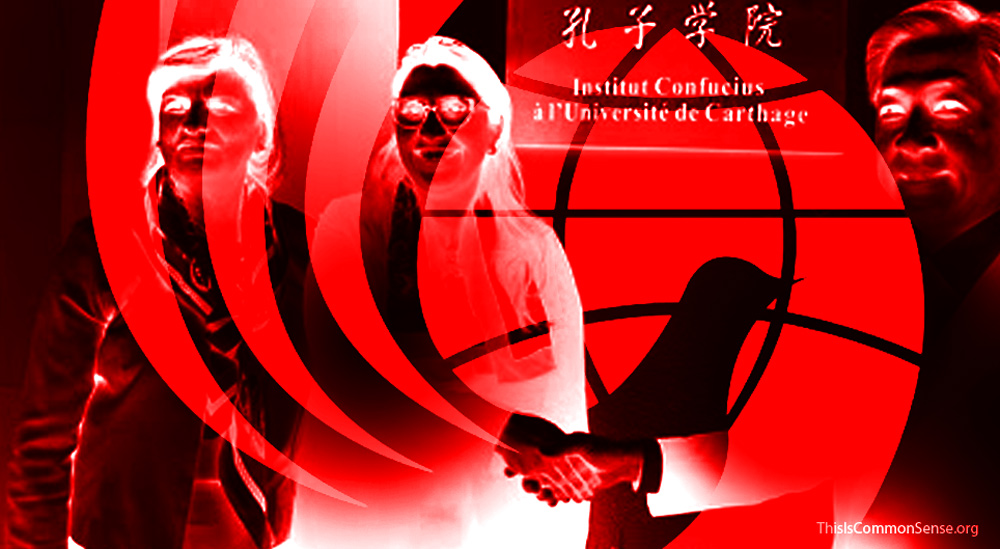“What if Robert Redfield is right about the Wuhan labs?” inquires Washington Post columnist Josh Rogin.
Redfield is the former director of the Centers for Disease Control under President Trump and a virologist at the University of Maryland School of Medicine, where he co-founded the Institute of Human Virology. He told CNN he thought “the most likely etiology of this pathogen [SARS-CoV‑2] in Wuhan was from a laboratory.”
The doctor was clear: this is his educated conjecture, lacking incontrovertible evidence — which all of the other operating theories also lack.
“Before Redfield,” Rogin writes, “the mere discussion of the still-unproven theory that the covid-19 outbreak might have been connected to human error at a research laboratory in the Chinese city of Wuhan was considered taboo.”
Which is not to suggest that Dr. Redfield was not attacked and marginalized for mentioning the quite viable “lab theory” for human transmission of the contagion. “Redfield tosses viral kindling,” The Baltimore Sun’s editorial ridiculously accused, “on anti-Asian fires.”
Last week, I lamented our incurious media and the Chinese cover-up. But Rogin takes the charge much further: “The Chinese government and U.S. scientists who are close associates of the Wuhan scientists doing bat coronavirus research have tarred anyone who uttered it as conspiracy theorists, or worse (in their eyes), as pro-Trump.”
Yet, “the Biden administration has confirmed some of the Trump team’s factual claims about suspicious and still-undisclosed work at the Wuhan Institute of Virology,” added the columnist.
“Conspiracy theorist” is a handy way to deflect attention from bad acts. Conspirators love the term, as do all cover-up artists.
This is Common Sense. I’m Paul Jacob.
—
See all recent commentary
(simplified and organized)
